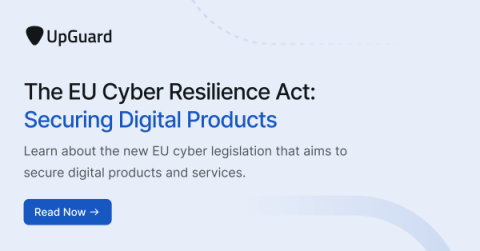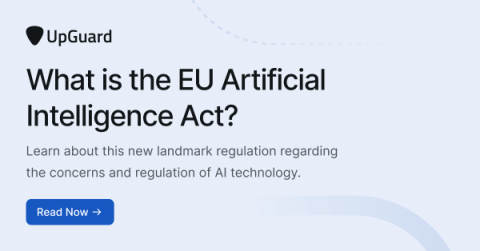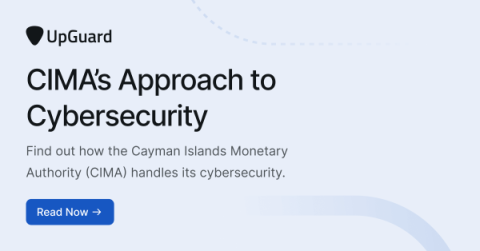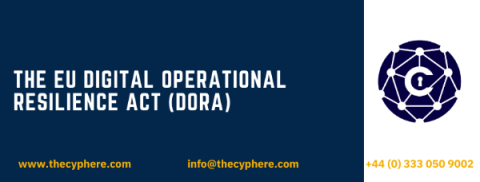The EU Cyber Resilience Act: Securing Digital Products
The EU Cyber Resilience Act (CRA) is a major piece of cyber legislation passed in 2024 in the European Union (EU) that regulates cybersecurity for digital products and services. The EU Cyber Resilience Act directly complements the NIS2 Directive, which regulates risk management and incident reporting across the European market.










